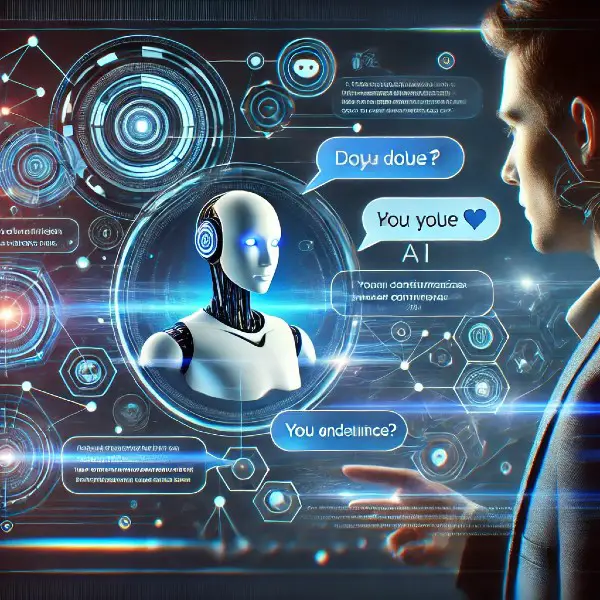AI Horizon As artificial intelligence (AI) continues to reshape various industries, healthcare stands at the forefront of this transformation. The integration of AI-driven robotics and advanced data analytics has revolutionized patient care, diagnostics, and treatment plans. However, these advancements also bring complex ethical dilemmas and privacy concerns that must be carefully addressed.
AI-powered robotics have introduced unprecedented precision in surgeries and rehabilitation, enhancing patient outcomes and reducing recovery times. Robots equipped with AI can perform intricate procedures that surpass human capabilities, offering hope for better healthcare solutions. Yet, as these technologies become more prevalent, questions about patient safety, accountability, and the ethical implications of machine decision-making arise.
AI Horizon in Modern Healthcare Innovations
One of the primary concerns in the AI-healthcare nexus is data privacy. The vast amount of personal and sensitive information required to train AI models presents significant risks. Breaches or misuse of this data could lead to severe consequences for patients, ranging from identity theft to unauthorized surveillance. Ensuring that AI systems comply with stringent privacy regulations is critical to maintaining public trust.
Moreover, the deployment of AI in healthcare brings into focus the issue of bias in decision-making. AI algorithms, if not carefully monitored, can perpetuate existing inequalities in healthcare access and outcomes. Biases in data collection, algorithm design, and implementation can lead to unfair treatment recommendations, disproportionately affecting marginalized communities.
To navigate these challenges, stakeholders in healthcare must adopt a collaborative approach. Policymakers, healthcare providers, technologists, and ethicists need to work together to develop guidelines that prioritize patient welfare while embracing technological innovation. Transparent AI systems, ethical frameworks, and robust privacy protections are essential to ensuring that AI serves as a force for good in healthcare.
As AI continues to evolve, so too must our understanding of its impact on healthcare and society. By addressing the ethical, practical, and privacy concerns head-on, we can harness the full potential of AI to improve patient care and advance medical science.
Reference
- AI Horizon in Healthcare: The integration of AI in healthcare has reached a pivotal point, where its potential to revolutionize patient care is both exciting and daunting. According to Harvard Business Review, the AI horizon in healthcare is defined by innovations that can enhance diagnostic accuracy, streamline clinical workflows, and improve patient outcomes. However, these advancements also come with challenges related to data privacy, ethical considerations, and the need for rigorous validation of AI tools. As AI continues to evolve, healthcare systems must balance the benefits with the inherent risks.
- AI Horizon and Ethical Implications: As AI technology advances, it’s critical to address the ethical implications that arise at the AI horizon. A report by The Brookings Institution highlights the importance of transparency, accountability, and fairness in AI systems, particularly in public sectors such as healthcare. The report discusses how AI’s potential to improve efficiency and decision-making must be tempered with strong ethical guidelines to prevent biases and ensure equitable access to AI-driven innovations.
- AI Horizon and Future Opportunities: The AI horizon is not only about the current state of technology but also about the future possibilities it presents across various industries. McKinsey & Company explores how AI is poised to unlock new opportunities, from enhancing customer experiences to driving operational efficiencies. As industries navigate the AI horizon, they must remain agile and adaptable, embracing the technology while addressing the challenges it poses, such as workforce displacement and the need for reskilling.









